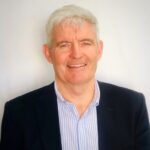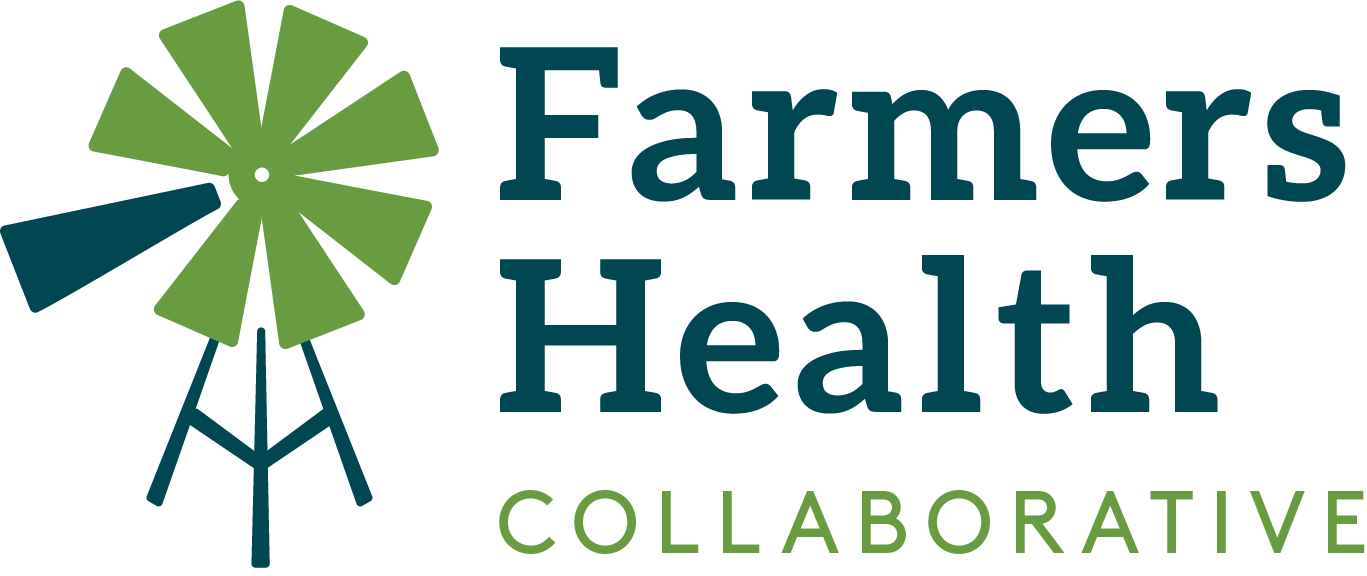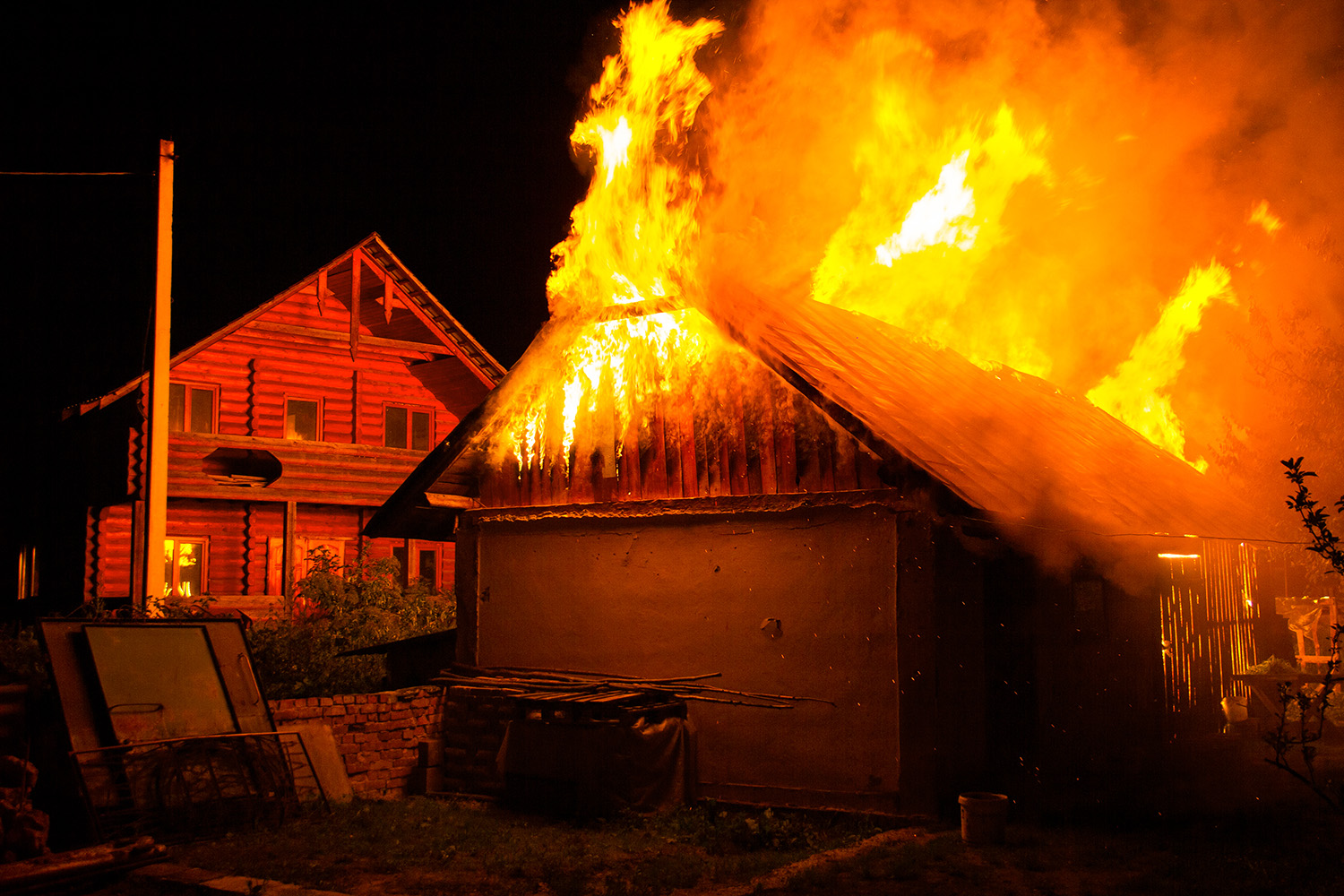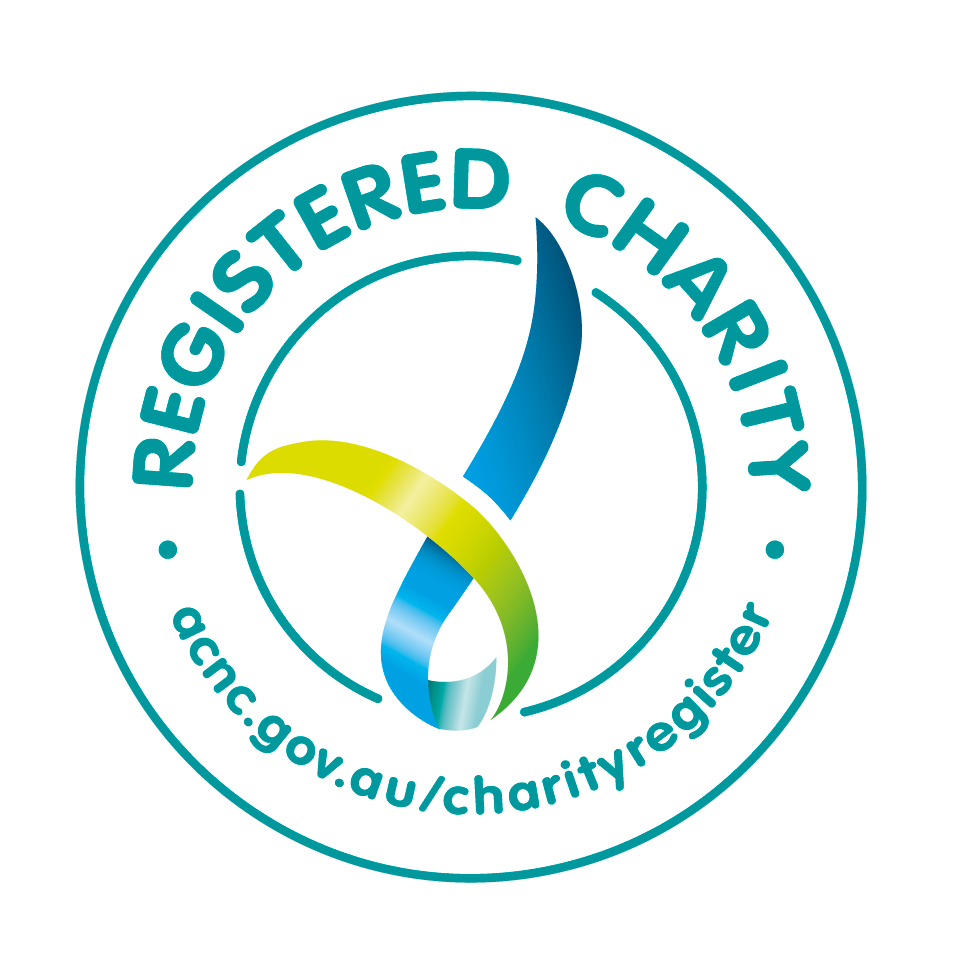
Doctor Toby Ford for Queensland Farmer Today | June, 2022
Welcome to the sixth edition of my column. By now you’ve joined in and are following instalments, chewing it over as you go up the paddock or drive somewhere. If you are a first-time visitor then the mission behind this column is to raise awareness for wellbeing and resilience. This time I thought I’d tell you a story about a great bloke I met through our work in a program we are running in country NSW. It’s about coping with adversity.
I’m asked sometimes what is resilience. Is it an experience we had, a genetic trait, an outcome, or a process we have used to cope with adversity?
My feeling is that it is a combination of all of these, but what I think is unique about resilience is this. I don’t think resilience is your ability to prepare for something in your life that might happen to you, nor is it necessarily how you handled it at the time of something happening to you, rather it is what you do to heal yourself after something has happened to you.
So here is my story about resilience. I will call my patient Jack.
Jack had an old dairy farm he bought with his wife in some hilly country somewhere around Port Macquarie. A funny sort of farmhouse, I saw a photo of it. A bit rabbit warren style, built-in local timber before the era of large pane windows, sliding glass doors, or cavernous kitchens. It was a solid house with great hardwood timber floors and an Arger stove for heating. As Jack said it was hot and pokey in summer, draughty in winter. However, it was their home and in it, they raised their kids, enough said.
In 2019, a bush fire started and a devastating large front rapidly spread. He described it coming up his valley from an unexpected direction. It swept and skipped savagely about 3 kilometers in 5 minutes, flicking and igniting the eucalypt forest canopy as it came, exploding dry grass before its terrifying heat scorched their lungs. He said they just escaped with nothing but themselves.
They returned a few days later to decimation. He and his family were stunned, cried, wrenched fists, dirty, burnt, and forlorn. Not long afterwards I was visiting our local clinic and had a chance to see him. I asked some of the many questions we are trained to gently use to pry open the slammed doors of hearts and souls.
What will you do? We will go as far away as we can he muttered. I said could you rebuild, he said unlikely. But perhaps a little blunt in hindsight, I said tell me what your house and what it was like. He said they never really loved the house for all its shortcomings, but it was their home. It was his son who said can we stay dad, it’s all I know.
He took his son’s advice, crushed but not broken, I didn’t see him for two months. When I saw him again, I said what is happening? He said my wife and I sat on the top of our burnt hill and we discovered that unbeknown to us we can see the ocean. Because of the forest and the prevailing winds which always blew up from that eastern direction, the old dairy farmer had done a wombat job and built his house facing down into the hollow where the wind never came from and the rain could beat on a flat eastern wall with no windows to let storms in. Jack dismissively said the dairy farmer had built a small unimaginative house, but it was still Jacks’ family’s home.
So Jack said with his children’s advice they were designing a new home closer to the top with a big glass cathedral window facing the ocean and a large open fireplace on the opposing side. He said his family and he was going to sit in their living room and watch the ocean under the rising sun and moon until they got old.
I praised his courage and poked deeper by asking what really happened to his family’s thinking.
He said they would never have had the guts to build a home of their choice and design. They would never have seen the new view if the trees had not been incinerated. So I said out of something terrible you have fashioned something good. He agreed and pointed out his son’s advice that gave them the courage to rebuild and stay, furthermore his daughter had designed the big window. The fire led her to decide to go to university to do architecture to design fireproof dwellings. He never knew she had it in her. I again complimented him on his extraordinary strength for I could see they had already commenced healing themselves.
So here is what I think about Jacks’ story.
It was he and his family who had to create something positive out of something tragic and that is a resilience lesson that is based on physics. For every force in life, there is an equal and opposite force. With experiences and events in life for every negative force, there is an equal and opposite positive force and until such time as one can find the other force, the first force will rule and ruin your life.
This equilibrium theory of life may not be a conventional counselling technique, but I have used it a lot to help people find their way. They can help themselves to find a new position and view, which can then help to move themselves forward. The alternative is to remain bogged and dogged unforgiving and gaged in negativity. This latter response is misinterpreted in Australian folklore as resilience. I think it is dogged and stoic, unbending and self-damaging because the driver of such behaviour may be either pride or shame creating inertia to change.
So Jack healed himself after calamity and he did this by finding the equal and opposite force. The new home was the gift of adversity. His daughter’s desire for architecture was hidden until then.
The second part of this story is what I think has even more value for flexible resilient families and that is this. Ask yourself how many times your father asked your advice and took your advice when you were growing up. If you cant think of many times and you can only remember it was always his way or he had little regard for your opinion, then it is possible that you will have struggled to make good decisions because you were always dismissed or not trusted to have an opinion of value.
However, if your father took your advice and acted on your advice and he had the flexibility to see your opinion through with the humility to acknowledge if it was right and the compassion to share constructive feedback if it was wrong, then you might have seen the vestiges of resilience being embedded intergenerationally into what I call flexible adaptiveness. Jack taught his son and daughter to trust their own judgment by taking their advice and acting on it. He also praised them for their decisions.
Our role as parents is to give our children safe passage to adulthood physically, mentally and emotionally. It is also to give them decision-making strength. If we do that we know our kids will be okay when we are gone. That is passing on adaptiveness and resilience.



